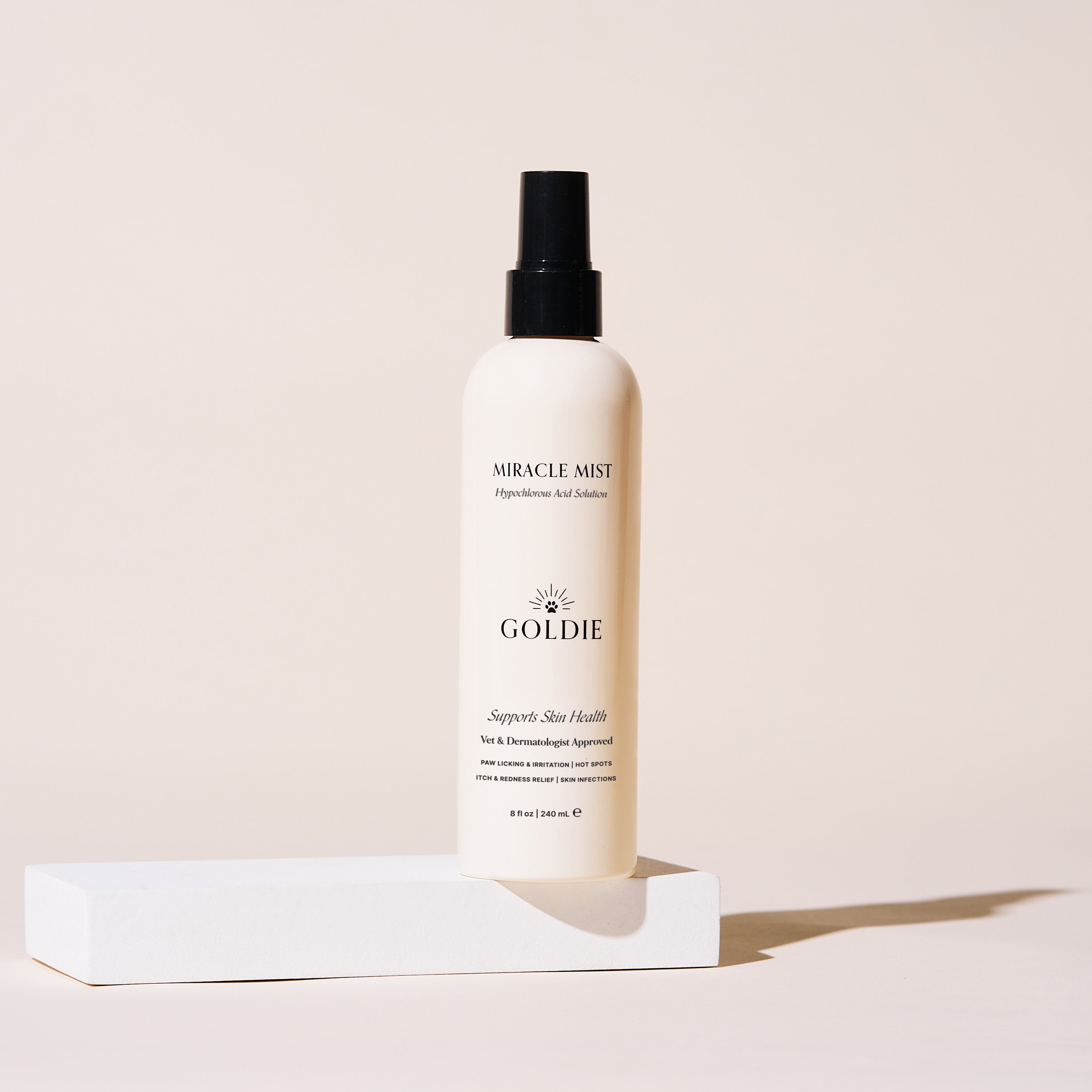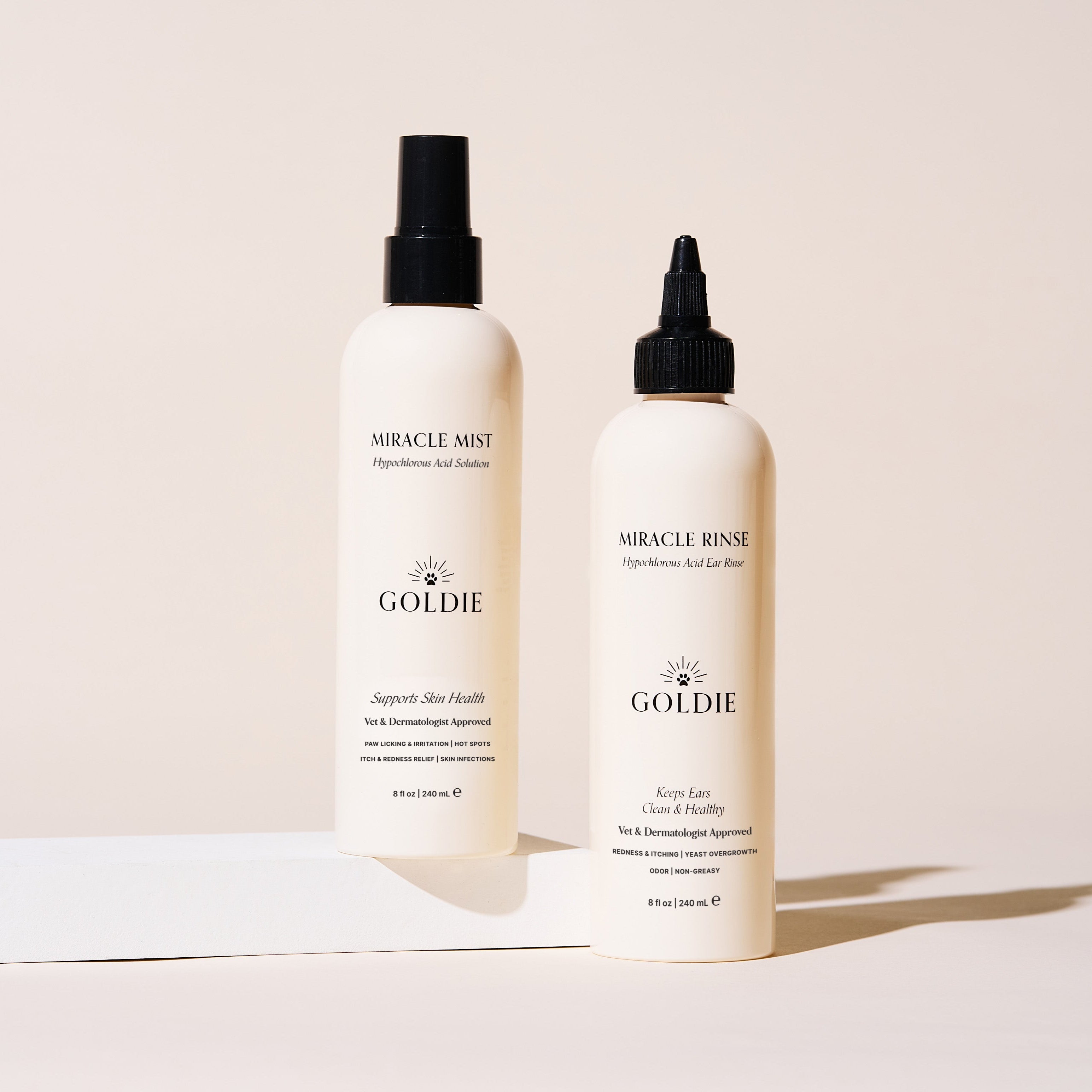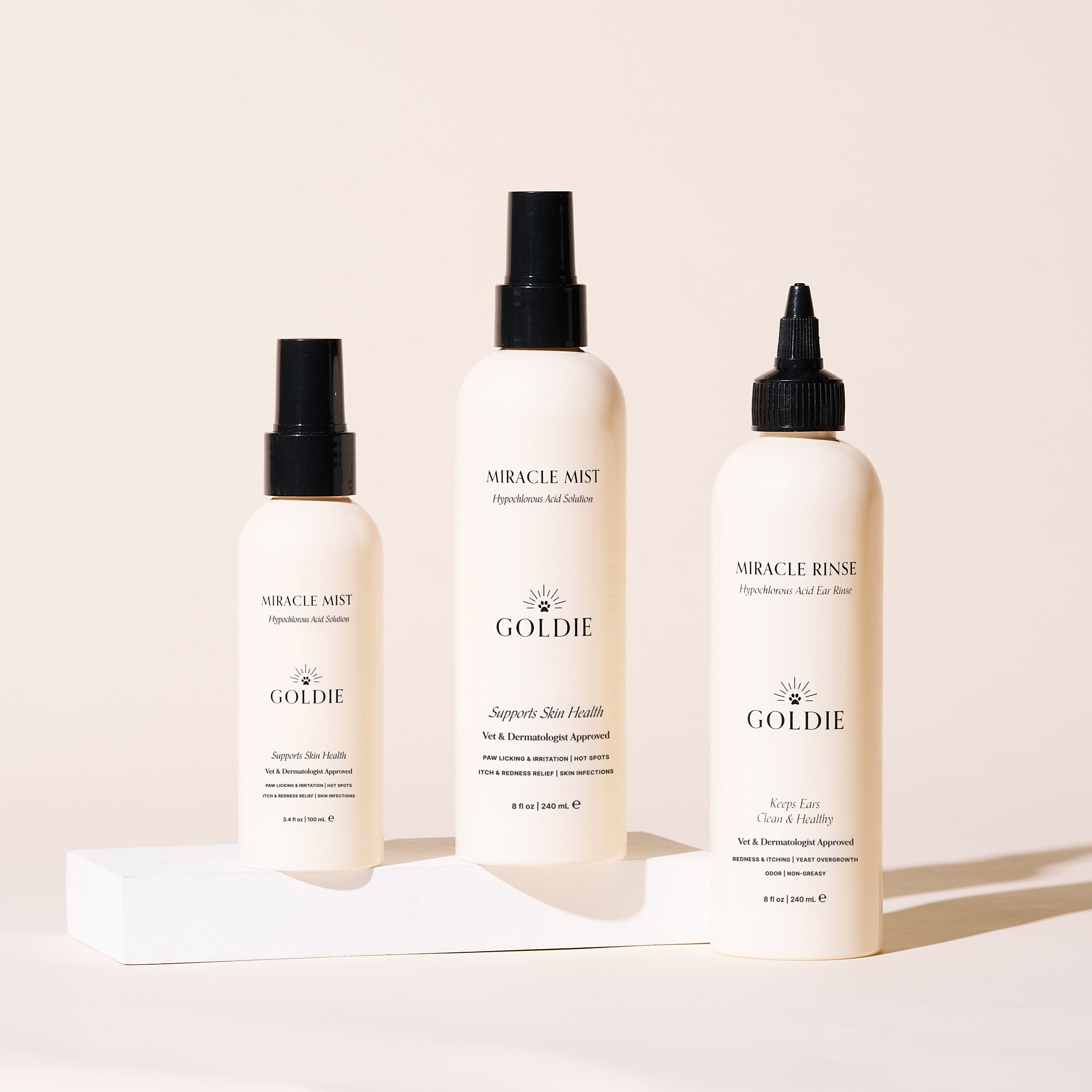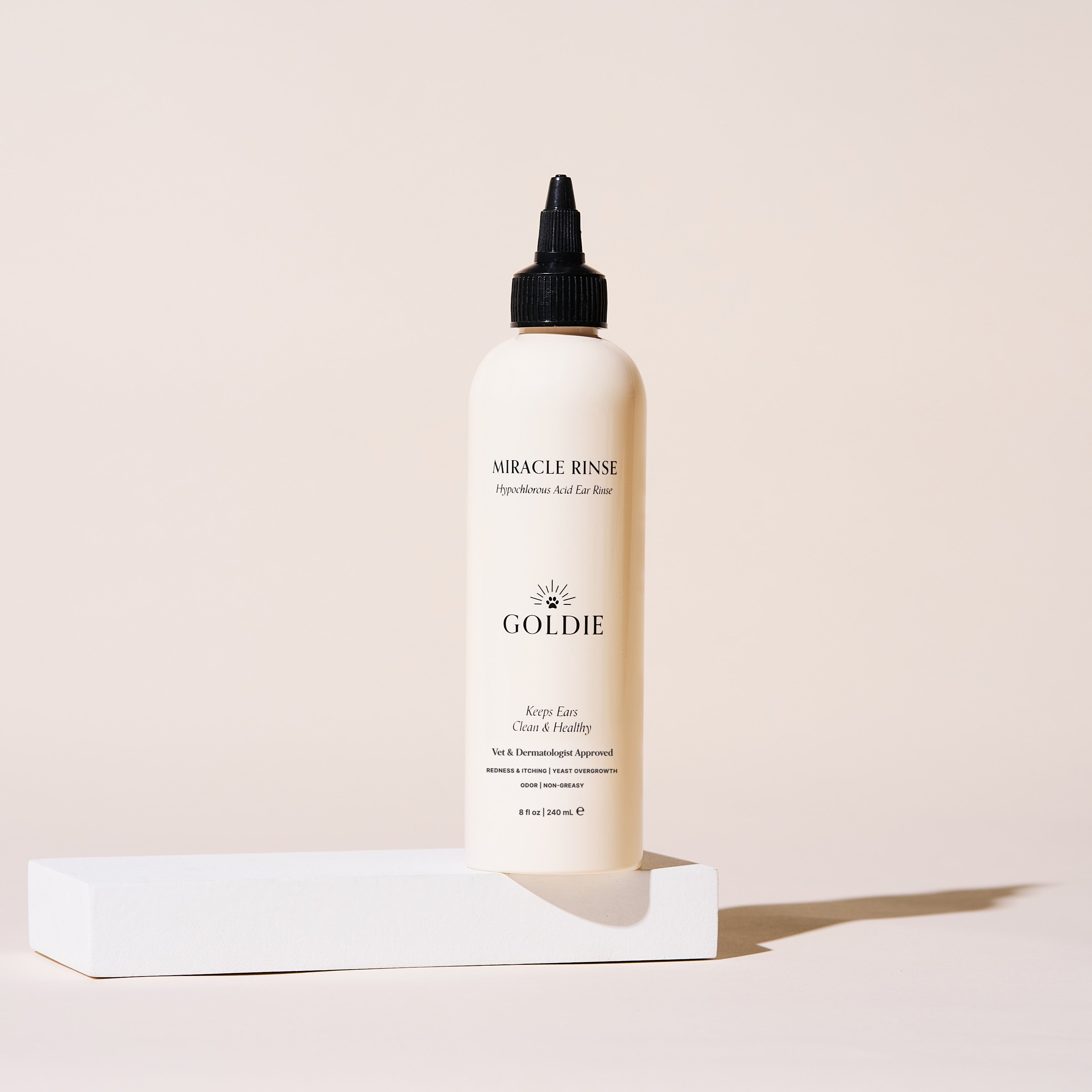Winter brings chilly temperatures, icy sidewalks, and shorter days, which can all impact your dog’s health and comfort. As a responsible pet parent, it’s essential to take extra precautions to ensure your furry friend stays warm, safe, and healthy during the colder months.
Protect Their Paws
Cold weather can be tough on your dog’s paws. Ice, snow, and road salt can cause dryness, cracking, and even irritation. To keep them comfortable, consider using dog booties, which act as a barrier against harsh surfaces. If booties aren’t an option, applying a paw balm can help keep their pads moisturized and prevent cracking. After every walk, it’s a good habit to wipe their paws to remove any salt or chemicals they may have picked up along the way.
Keep Them Warm
Just like humans, dogs can feel the cold, and while some breeds are built for winter, others need extra protection. A winter coat is a great investment for short-haired or small dogs who may struggle with low temperatures. Keeping your pup dry is just as important as keeping them warm—wet fur can make them even colder. Try to limit their time outside in freezing temperatures and always have a warm, dry space ready for them indoors.
Adjust Their Diet
Did you know dogs might burn more calories in winter to stay warm? If your pup is more active in cold weather, a slight increase in food intake may be beneficial. Adding omega-3 supplements to their diet can also help maintain a healthy coat and skin. And don’t forget about hydration—make sure they always have fresh water available, especially if they spend time outdoors where their water bowl could freeze.
Be Mindful of Antifreeze Poisoning
Antifreeze is highly toxic to dogs, yet its sweet taste can be tempting. To prevent accidental poisoning, always store antifreeze out of reach and clean up any spills immediately. If possible, opt for pet-safe alternatives to keep your pup safe from harm.
Keep Up with Grooming
A well-groomed coat helps dogs regulate their body temperature better. Avoid shaving their fur too short in winter, as it provides natural insulation. Regular brushing is key to preventing matting, which can reduce their ability to retain body heat.
Ensure Proper Exercise
Cold weather might limit outdoor activities, but your dog still needs exercise to stay healthy and happy. Instead of long outdoor walks, try shorter, more frequent outings. Indoor playtime can be a great alternative—games like tug-of-war, hide-and-seek, or puzzle toys can keep their mind and body engaged while staying warm inside.
Watch for Signs of Hypothermia and Frostbite
Extreme temperatures can be dangerous for dogs. If your pup is shivering, seems lethargic, or has pale or grayish skin, these could be signs of hypothermia or frostbite. If they’re whining or reluctant to go outside, they may already be feeling the cold too much. If you notice any concerning symptoms, seek veterinary attention immediately.
Provide a Warm and Cozy Sleeping Area
Your dog needs a comfortable and warm place to sleep, away from drafts and cold floors. A heated pet bed or soft blankets can add extra warmth. Try to keep them indoors as much as possible, especially at night, and consider elevating their bed to prevent contact with cold surfaces.
Final Thoughts
Winter doesn’t have to be ruff for your furry friend! By following these winter dog care tips, you’ll keep your pup happy, healthy, and warm throughout the season.














